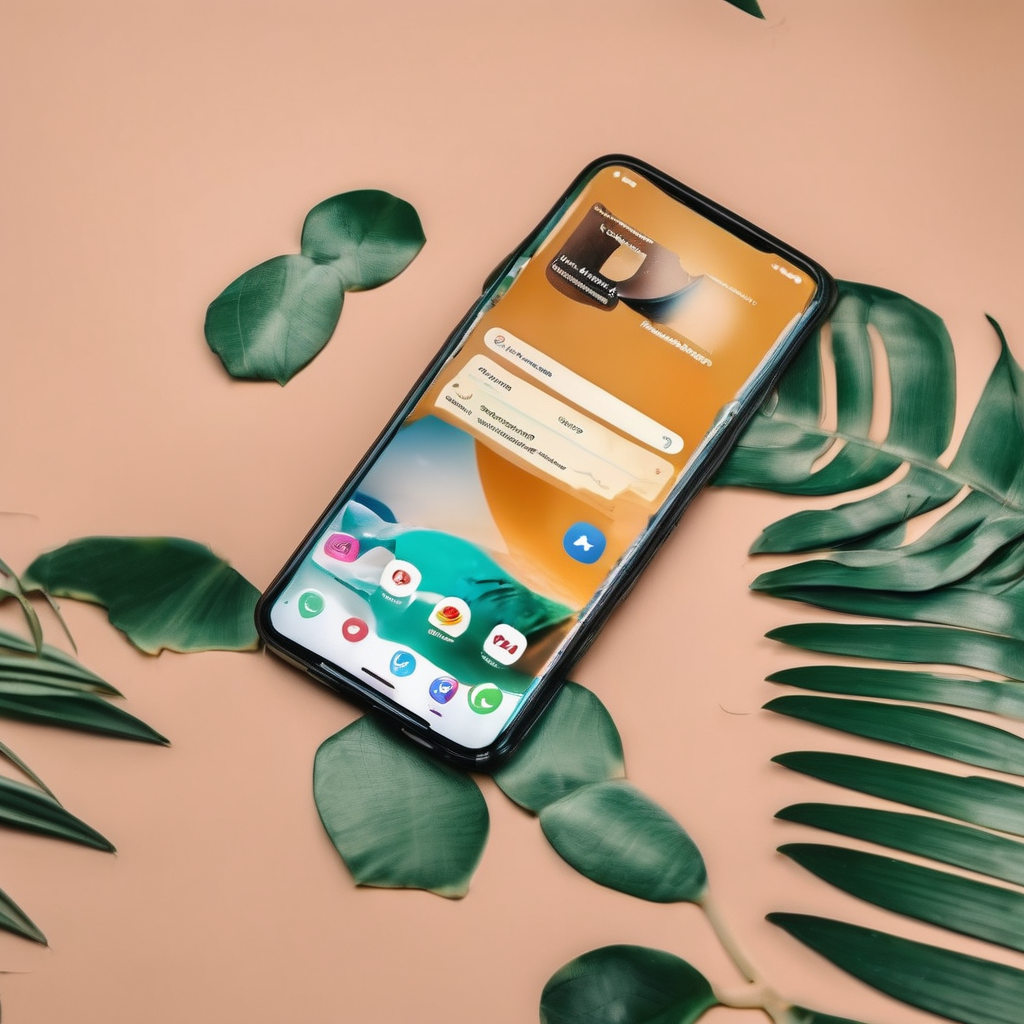Cambridge Dictionary has declared “parasocial” as its word of the year, reflecting the growing trend of people establishing one-sided relationships with celebrities and influencers online. This term, which describes the connection between individuals and famous personalities they do not know, highlights the evolving nature of social interactions in the age of digital communication.
Originally coined in 1956 by sociologists at the University of Chicago, the concept of parasocial relationships was used to explain how TV audiences formed emotional bonds with on-screen figures. As social media platforms and artificial intelligence have become ubiquitous, the idea has gained renewed relevance, becoming a mainstream topic of discussion.
Colin McIntosh, an editor at Cambridge Dictionary, stated that the word encapsulates the contemporary cultural landscape, as millions engage in these one-sided relationships. He pointed out that the dictionary has seen significant increases in searches for the term, indicating a public fascination with the phenomenon.
High-profile events, such as Taylor Swift’s recent engagement to NFL player Travis Kelce and Lily Allen’s revealing breakup album, have been highlighted as key examples of parasocial moments that have captured public attention. These instances demonstrate how celebrities impact fans emotionally, fueling intense discussions and analysis on social media platforms.
Simone Schnall, a social psychology professor at the University of Cambridge, explained how parasocial relationships have transformed the way fandom and celebrity culture operate, particularly amid declining trust in traditional media. This shift has resulted in some individuals developing unhealthy attachments to social media influencers, which can lead to obsessive interpretation of their content and even romanticization of these figures.
Further, the rise of AI technologies, including chatbots like ChatGPT, has introduced a new dynamic whereby individuals may perceive these tools as companions or confidants, potentially affecting mental well-being. Schnall noted that many young people find solace in these AI interactions, utilizing them for positive feedback and as an alternative to traditional therapeutic support.
In a move reflecting contemporary language usage, the Cambridge Dictionary has also added or updated various AI-related terms, such as “slop,” referring to the influx of low-quality AI-generated content on social media, and “memeify,” which denotes the practice of rapidly transforming images into memes for viral distribution.
Overall, the rise of parasocial interactions reveals a complex interplay between technology, celebrity culture, and human emotions, encouraging deeper conversations about the nature of relationships in the digital age. This highlights a growing understanding of how virtual connections can significantly impact people’s lives and social dynamics, offering insights into the evolving landscape of human connection.
